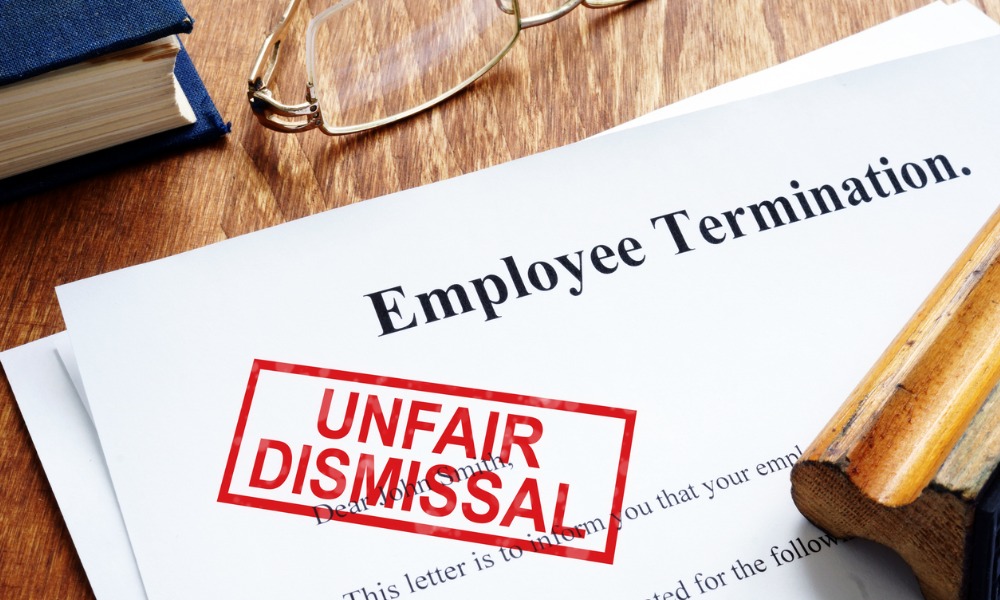More corporate boards are becoming actively involved in providing oversight into companies’ ethics and compliance programs, according to a report released by The Conference Board.
More corporate boards are becoming actively involved in providing oversight into companies’ ethics and compliance programs, according to a report released by The Conference Board. Results showed involvement in ethics and compliance programs jumped from 21 per cent in 1987 to 96 per cent in 2005. Based on a 2005 survey of 225 companies about the design and implementation of their compliance and risk assessment programs, a mere 4 per cent of boards surveyed were not involved with their company's ethics program compared to a massive 79 per cent in the survey conducted in 1987.
Employment issues of concern in times of crisis
Companies have been warned that they must consider legal and human resources issues in order to effectively plan for a pandemic or other crisis. Barry Sherriff, employee relations partner at Freehills, addressed an audience of operations, HR and safety professionals at a recent conference to discuss what to expect and how to respond to a pandemic or similar widespread disruption. Sherriff advised businesses to involve employees in the planning and communication process, and in the development of pandemic policies, particularly as information is essential when staff support is required to survive critical situations. The warning given was that events such as avian flu or terrorist acts could occur at any time, of which organisations may have little or no control over, rendering normal operations impossible.
Mergers and acquisitions key to growth for CEOs
Mergers and acquisitions have been labelled the most important source of profitable growth for organisations over the next two years by Australian CEOs. The 2006 Proudfoot Consulting International Productivity Report, found that following this were expanding customer bases in existing markets, and selling more to existing customers. Furthermore, the top three things Australian CEOs viewed as most important to growing revenue were increased training for the existing sales force, better marketing, and better sales support. Alarmingly, results showed a quarter of Australian CEOs polled had not set targets for improving sales force efficiency with only 11 per cent of sales executives’ time being devoted to actively selling.
Age discrimination a problem for older Australians
Almost 50 per cent of all Australians believe they have been discriminated against in applying for a job with older Australians having claimed they face the greatest prejudice. The survey, conducted by Kelly Services, found that 46 per cent of the 2,000 respondents in Australia said they have experienced discrimination of some type when applying for a job in the last five years. The highest level of discrimination was in New South Wales (52 per cent), followed by Queensland (46 per cent), Victoria (45 per cent), South Australia (42 per cent) and Western Australia (37 per cent). Age was the major source of discrimination identified (25 per cent) while gender and racial discrimination rated at 9 per cent.
Breakfast on workplace flexibility and positive change
Aon Consulting and Fisher Cartwright Berriman will be holding a breakfast seminar on Thursday, 30 November 2006 to discuss workplace flexibility under WorkChoices. The breakfast, to be held at the Observatory Hotel in Sydney, will combine the employee communication expertise of Aon and the employment, industrial law and human resources consulting knowledge of Fisher Cartwright Berriman to make suggestions on how employers can think strategically about the new legislation, allowing opportunities for cultural change, employee engagement and increased business performance. For more information contact Mya Wright on 02 9253 7500 or via email: [email protected].
Aussie workers in search of better career development
Australian employees are more than happy to move on for better career development prospects and good management. According to a SEEK survey, 33 per cent of respondents claimed they would be willing to move for career development opportunities. Results also showed that for the second year running, 44 per cent of Australians rated the overall quality of management as the most hated part of their jobs, with poor career development opportunities coming in second at 39 per cent. Interestingly, Australia’s happiest employees work in community or sport followed by science, technology, HR and recruitment. Meanwhile, the country’s unhappiest employees work in engineering and manufacturing/operations, followed by banking and finance.








